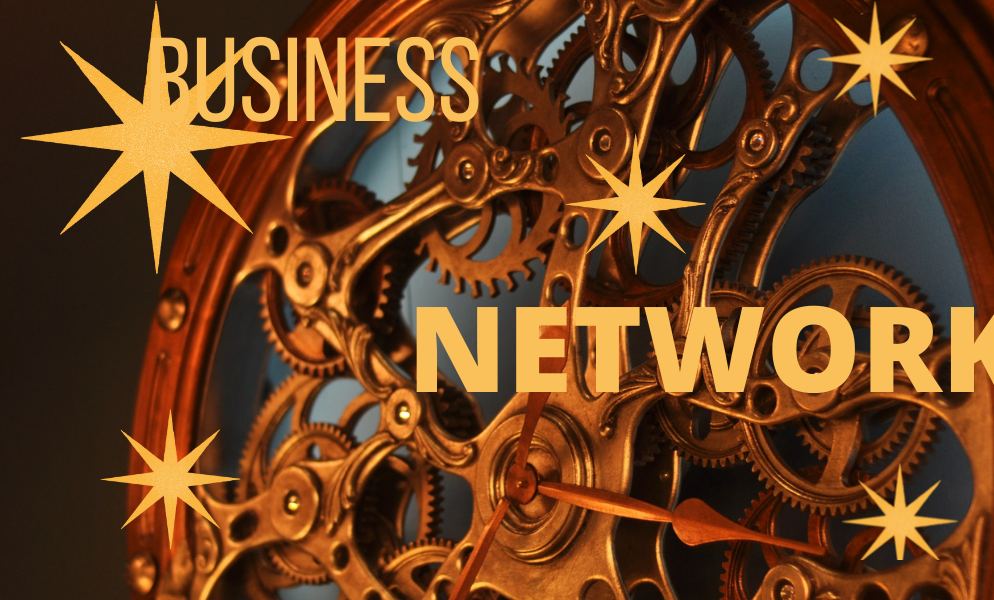Supply Chain Partners
There I was – stranded at Heathrow Airport again – and cursing myself for trusting British Airways and Heathrow again. I like flying on QANTAS, the national airline of Australia, because of the relaxed yet professional attitude of the staff.
However, when it comes to its alliance partners, Qantas leaves a lot to be desired. Every time I fly out of Australia to Europe, I face a choice – whether to fly the national airlines Qantas, or another airline such as Singapore Airline or Emirates.
Most of the time, I choose Qantas because of my long association with the airline and the trust it has built with me over those 25 years. However, Qantas leaves a lot to be desired when it comes to its alliance partners. Iberia managed to lose my baggage and left me with no clothes to wear to an important meeting.
British Airways and Heathrow almost always continue to amaze me with how low a company can fall in a short space of time – and then continue to fall further almost on every experience. I wonder how many other passengers – especially frequent business travellers – feel the same way about their preferred airline where they dislike the alliance partners so much that they are switching loyalties just for that reason.
Your Reputation Rests on Your Supply Chain Performance
American Airlines does little to beat its rivals in the US and in my view none of these match Qantas in service or aircraft presentation.
On the other hand, the rival alliance has some strong airlines – Singapore Airlines, Lufthansa to name a couple – that will beat any of Qantas alliance partners hands down. This creates dilemma for me every time I fly internationally out of Australia. My latest experience with British Airways and Heathrow Airport has convinced me that no matter how much I love Qantas, I have to stop allowing that to interfere with my comfort, safety and convenience in other locations where Qantas hands over the relationship to its alliance partners – who do have to keep the same standards.
Most industries have now morphed into business networks of supply chains that compete with other business networks of supply chains for customer dollars. I wonder how many other passengers – especially frequent business travelers – feel the same way about their preferred airline where they dislike the alliance partners so much that they are switching loyalties for that reason.
Your Supply Chain Performance is Driven By Your Network Partners
But the airlines are not the only companies that lose customers or suppliers because of their partners.
While many companies are still grasping the full implications of this massive shift in the business landscape, others have already adjusted to the new reality where A-team players only play the game A-team while the others are left to play with the rest. This not only applies to your supply chain partners, but also to the knowledge intermediaries such as the universities, consultants and brokers.
They used to say that a person is known by the company s/he keeps.
I think, in the modern commercial world of networked businesses, we have come to a stage where a company is known by the company it keeps.
All the attempts at social media corporate manipulations are futile if your business network and supply chain partners carry a millstone of bad reputation around their neck.
Some of that bad reputation will rub off on to your business – no matter how much you try the social media management.





15 Responses
I agree with your statement Mr. Sood on “I think, in the modern commercial world of networked businesses, we have come to a stage where a company is known by the company it keeps.”
Keeping valued employees is one of the toughest and most expensive issues businesses face. But keeping turnover under control is possible if companies remember that more than money keeps someone on the job.
I agree with you Manali But Good people simply won’t continue to work for a jerk or under unfavorable daily conditions, and that is a tough thing to fix.”
Why do workers leave their jobs? A study by The Hay Group says the most-cited reasons are related to unhappiness in the workplace.
Major shake-ups like the Enron scandal have proven to another generation of junior executives that having loyalty, the best business degrees and over-the-top performance sometimes means nothing,” says a human resources executive for a major food manufacturer. “I’ve overheard the same conversations I’ve heard during similar stories, and they can be summed up as ‘every man for himself.
But most companies face the day-to-day issues rather than scandals. They need to develop a strategy that keeps employees from wanting to leave, says business writer Evan Cooper.
So, Mr. Sood as your travelling experience which is better, Air India or British Airways ?
As effectively a dual national (British Passport and OCI), I feel well placed to answer this.
Both are mediocre airlines.
BA catering is highly hit and miss, and absolutely no match for any decent airline. I have no recent experience with AI catering, but I’ve heard somewhat good things about it.
British Airways On Time Performance is somewhat okay, but it can be a bit hit and miss. It is normally on time though, and you can trust it. Allow around 25–30 minutes cushion in case it is not though. 74% of BA flights land on time, and 0.78% do not get completed. British Airways ranked 27th out of 46, below average, but not that bad.
Hey, I have flown both British Airways and Air India. If you are an Indian I would definitely recommend Air India when compared with British Airways! Just to give you a comparison of interiors